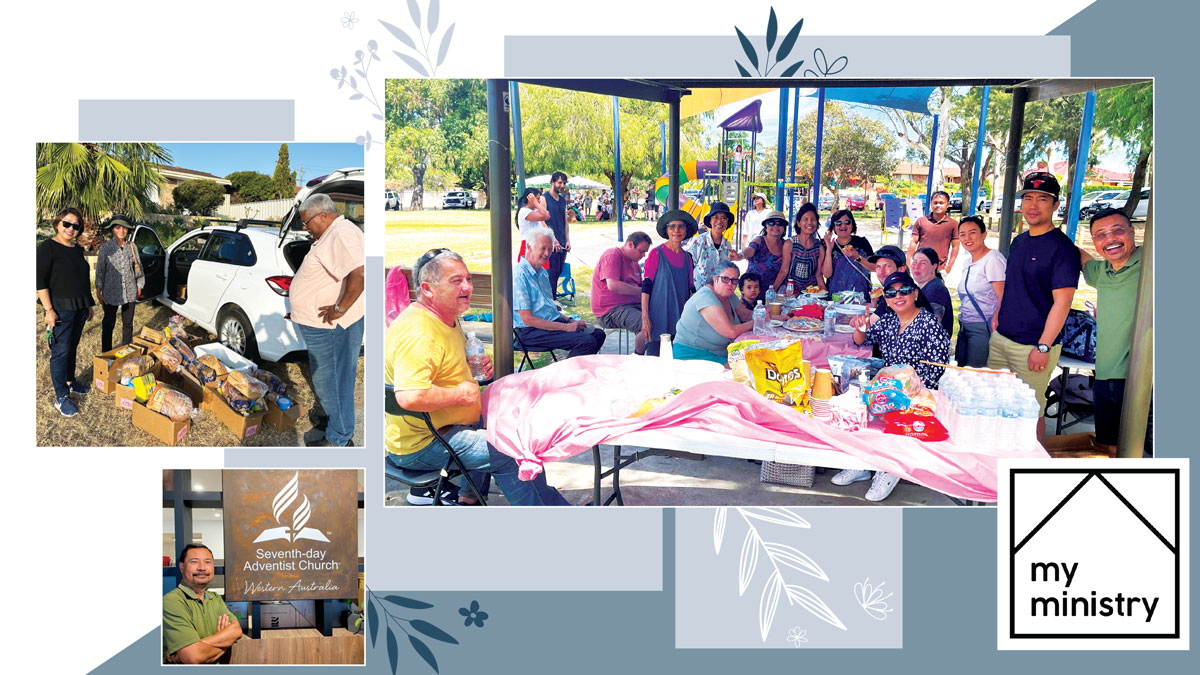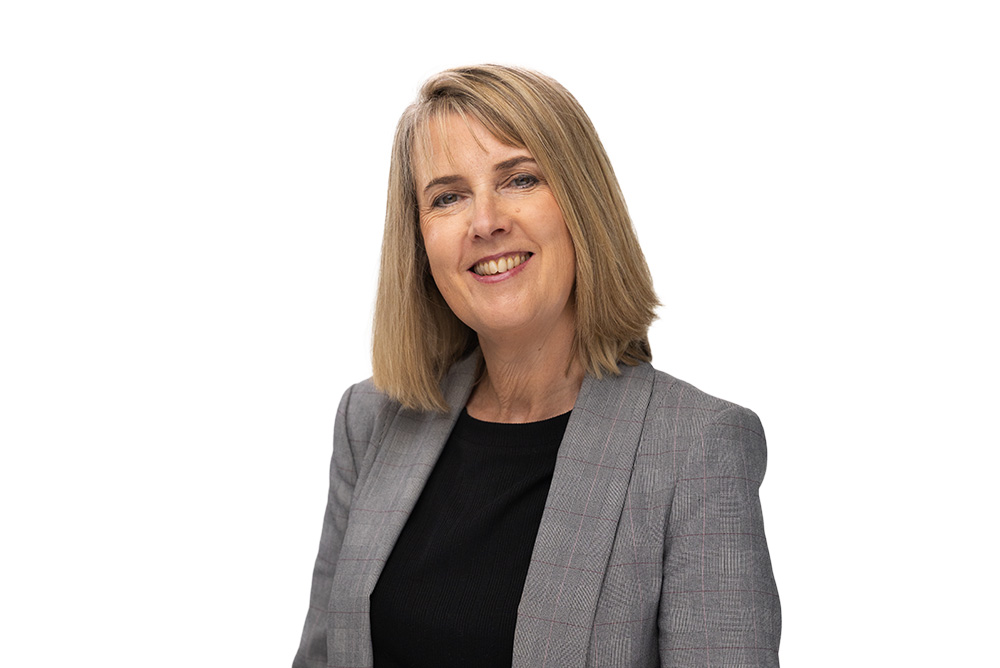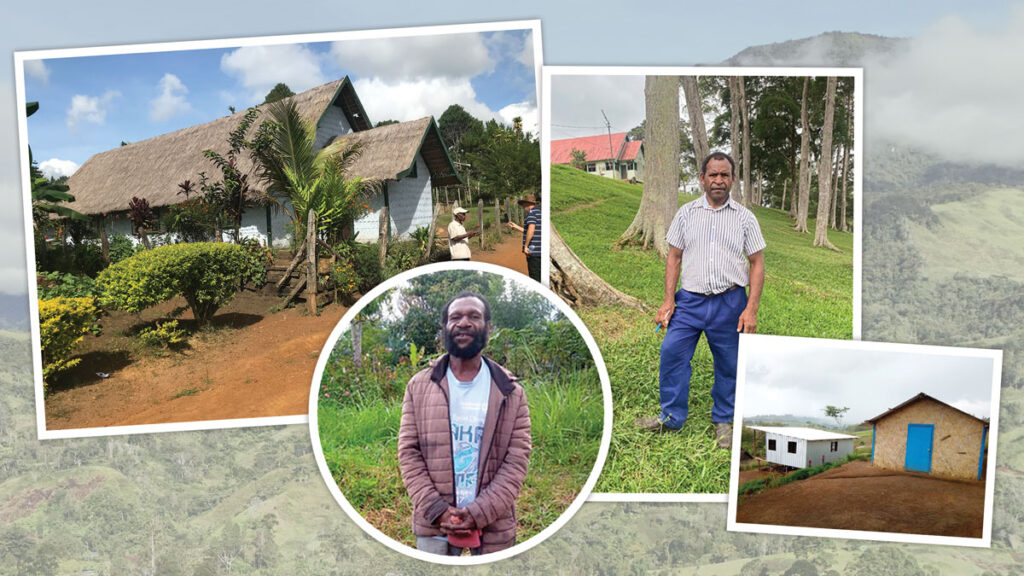“Do you know of anyone we can help with food?”
This simple question is the cornerstone of Pastor Abby Aviles’ outreach efforts in Perth, Western Australia.
If residents decline food assistance, Pastor Aviles asks another question: “Would you be able to help us?” If they agree, they become part of the 3H Club, with “H” standing for Happy Home Helper. Participants are provided with cardboard boxes to fill with grocery items, collected weekly.
The club addresses an important need as people struggle with cost-of-living pressures. It also fosters community connections and relationships. Monthly barbecues in local parks further strengthen these bonds.
These activities play a crucial role in Pastor Aviles’ church planting work. He has established five church plants in Perth, beginning with the Filipino International Fellowship at Rivervale. This initial plant led to the birth of two more plants: Hope Spring Fellowship in Kwinana and Living Waters Fellowship in Carlisle. Subsequently, two more plants were added to the family: Southside Fellowship at Port Kennedy, stemming from Hope Spring; and the most recent addition, South Lakes Fellowship at South Lake, born from Living Waters.
“The beautiful thing is this: through the 3H Club and the barbecues we develop relationships with people, they trust you, we are no longer strangers to them, so this has led to opportunities to pray with people and invite them to our church plants,” Pastor Aviles says.
“Sometimes we spend a lot of money on church campaigns aiming to attract people when we could have used that money to buy food and develop relationships. And this is what we are doing now, and it’s been a real blessing to see the results.”
Prayer forms the foundation of his church planting work. The other essential requirement: people willing to help.
“I cannot plant a church on my own,” he says. “The reason I’m blessed with church planting is because God has provided me with just the right people. And to date, I am still a learner in church planting.” Weekly care groups are the “engine room” of the church plants. It’s where new contacts are encouraged and nurtured.
“The beautiful thing about planting a church is you get to see where the Lord is leading and it’s very affirming, not only for me, it’s affirming for the church plant,” he shares. “Just make yourself available and watch for a miracle to happen.
“You will not experience that if your concept of church is just go to church, sing a song, have lunch together, laugh and be happy, and go home.”
Pastor Aviles had a non-conventional pathway to ministry in Australia. After migrating from the Philippines in 1987, he applied for a ministerial role, however there were no jobs available. Instead, he worked as a psychiatric nurse for 17 years—a job he credits for giving him valuable life experience that been helpful for his ministry.
“Being a psychiatric nurse helped me understand people better,” he shares. “It gave me a better perspective.”
Now in his 20th year of ministry, he doesn’t have any long-term plans—it’s all in God’s hands. “My ministry revolves around the idea that I don’t put God in my diary, I put myself in His diary.”






